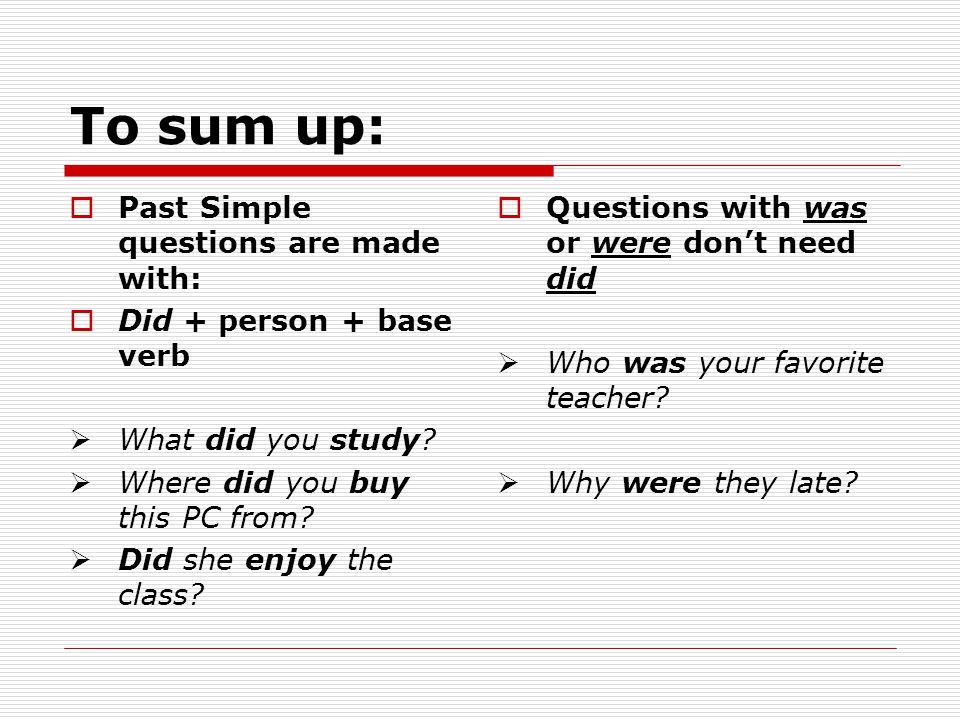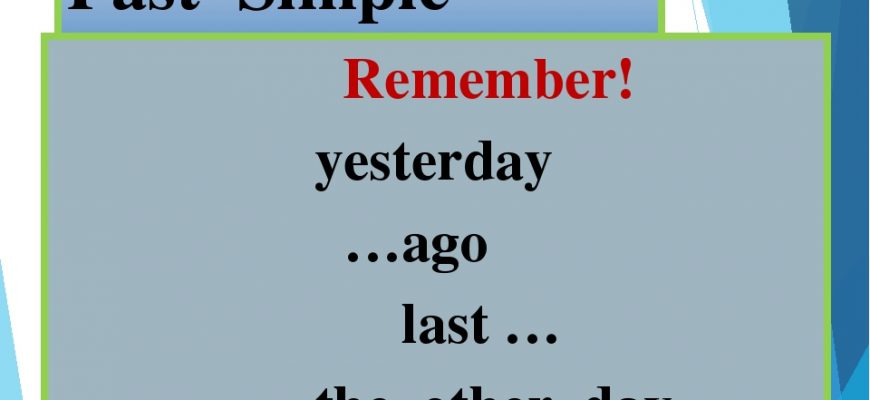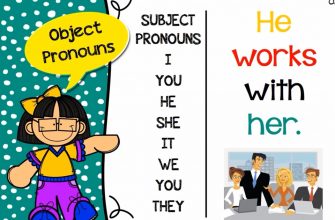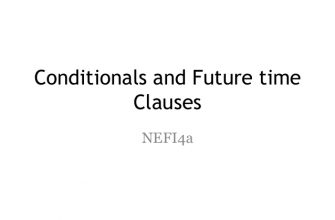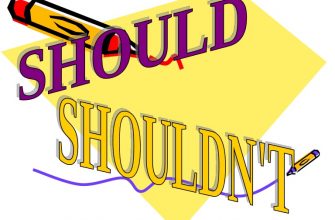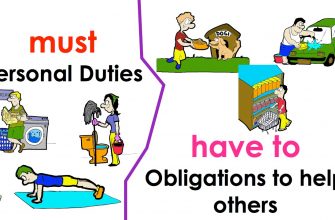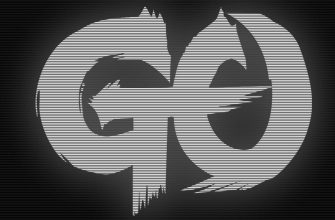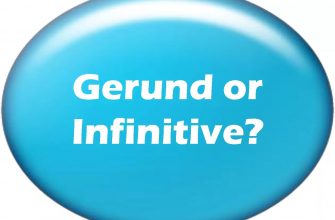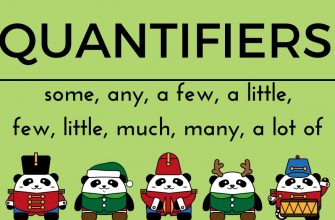The Past Simple is used to talk about things that happened or existed before now.

Negative sentences
We use negative forms of Past Simple to talk about what we did not do in the past.
Regular and irregular verbs
To make Past Simple negative sentences, we use:
did not (didn’t) + base form of the verb (infinitive without ‘to’)
| Singular | Plural |
| I did not (didn’t) go You did not (didn’t) go He/she/It did not (didn’t) go | We didn’t go You didn’t go They didn’t go |
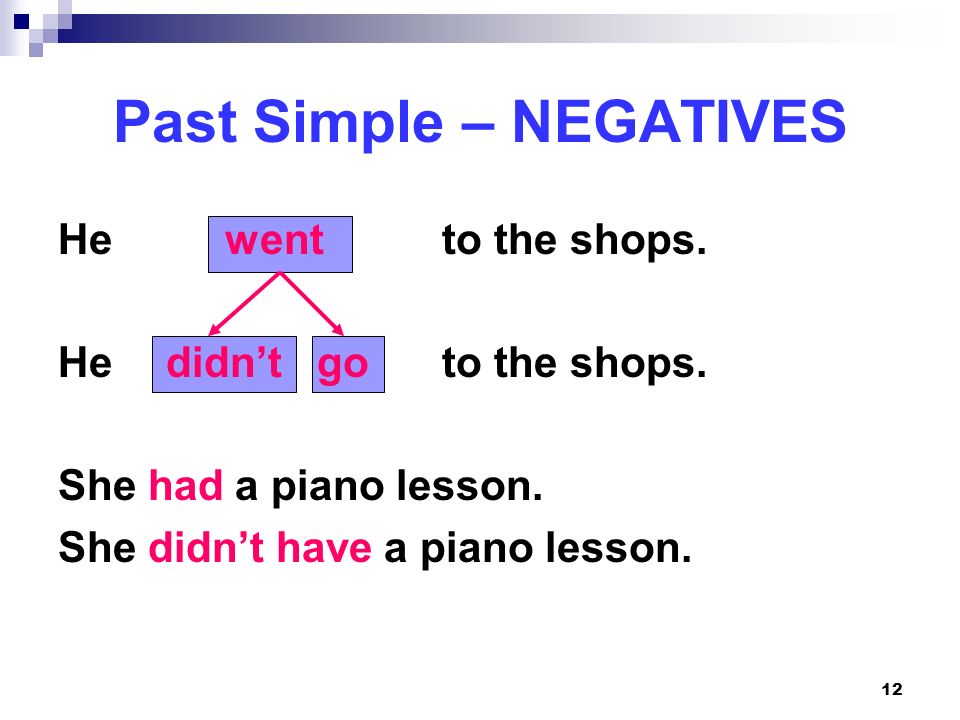
- I didn’t go to school on Monday.
- Stefany didn’t like the meal.
- He didn’t talk to me yesterday.
The verb ‘be’
In Past Simple negative, the verb ‘be’ has two forms — was not (wasn’t) or were not (weren’t):
| Singular | Plural |
| I was not (wasn’t) happy You were not (weren’t) happy He/she/it was not (wasn’t) happy | We weren’t happy You weren’t happy They weren’t happy |
- I wasn’t at home last night.
- Mary wasn’t at school.
- They weren’t happy.
Questions in Past Simple
We use Past Simple tense to ask and answer questions about actions or events in the past.
Yes/No questions
To create a question that will be answered with a ‘yes’ or ‘no’, use ‘did‘ (or ‘didn’t‘ for a negative question) + base form of the verb (infinitive without ‘to’).
Regular and irregular verbs
To ask questions using Past Simple, we use:
(question word) did + subject + verb
| Singular | Plural |
| Did I go? Did you go? Did he/she/it go? | Did we go? Did you go? Did they go? |
- Did you go to the supermarket? – No, I didn’t.
- Did he play football? – Yes, he did.
- Did they watch a film? – No, they didn’t.
| Note: we must use did / didn’t with the verb do as well. – Did she do her homework? – Yes, she did, but she didn’t do the dishes. |
The verb ‘be’
To ask questions using the verb ‘be’, we use:
was / were + subject + the rest of the sentence
| Singular | Plural |
| Was I late? Were you late? Was he/she/it late? | Were we late? Were you late? Were they late? |
- Was she happy?
- Was Tom cold?
- Were they upset?
Special questions
Special questions (also known as wh-questions) are questions that require more information in their answers. They are made using wh- words such as what, where, when, why, which, who, how, how many, how much.
To make a special question, use the same word order as with yes-no questions but put a wh-word before the verb ‘did’. The structure is:
wh-word + did + [subject] + verb
- When did you arrive?
- Where did she go?
- Why did they leave?
- How did it happen?
